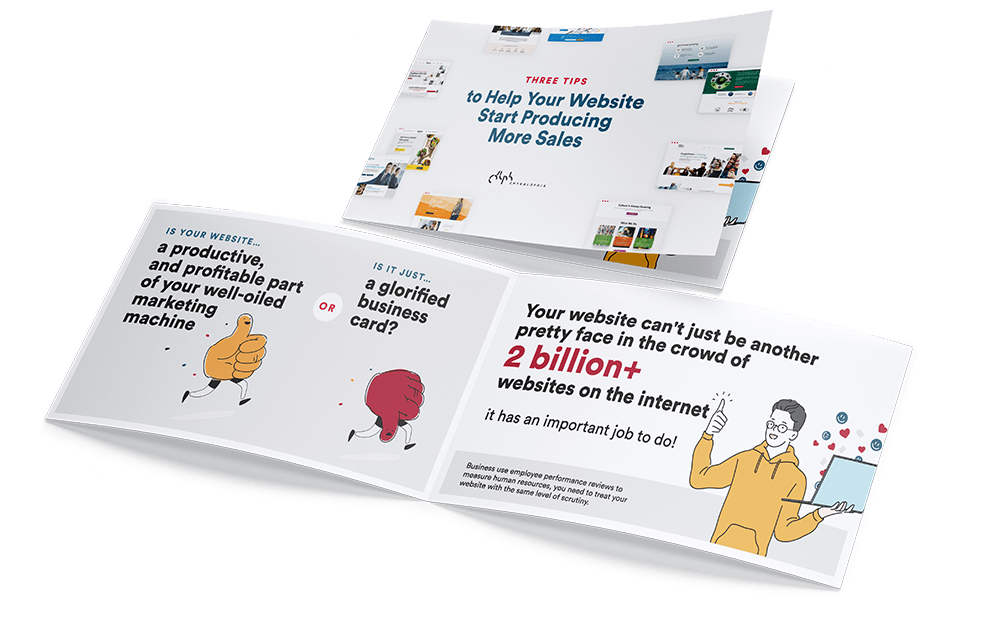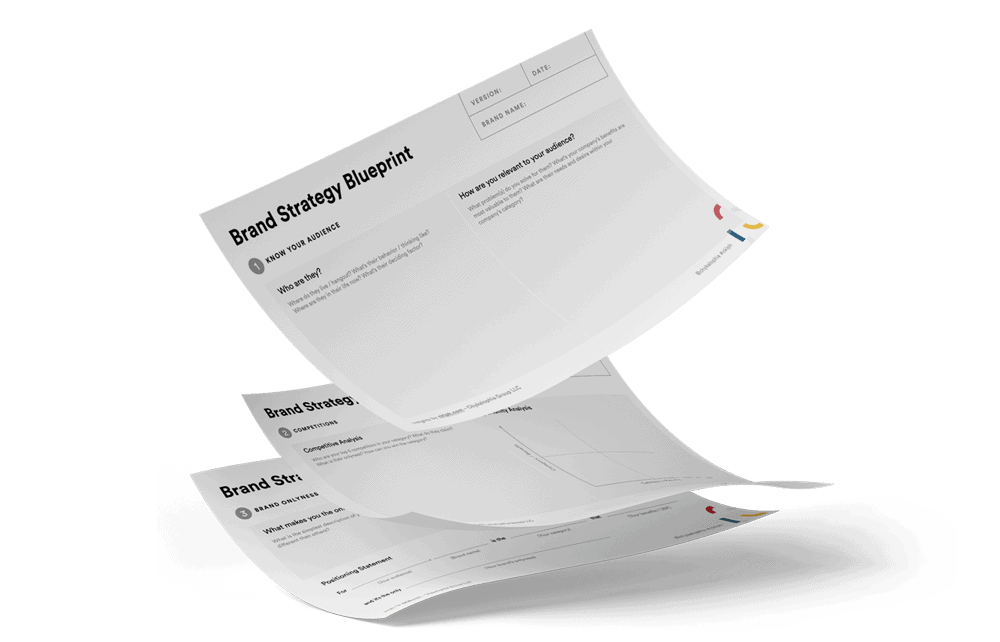Wondering how to do AB testing on website, why you need it, and what the benefits of AB testing are? You’ll find out in this article. But first, let’s see these two CTA buttons.

Which one do you think will work better on your website? You can’t just make a personal guess or assumption, though, you need to experiment with these two buttons. This experiment is called A/B testing.
What is A/B testing on website?
A/B testing or split testing is an experiment that you can use in web design and marketing where you try different variations to see which one works best. You can test only one element of a webpage, multiple elements, or even the whole page.
It allows you to see which variation works best to help you achieve your goal: increasing click-through rates, conversions, sales, engagement, or any other measurable metric.
What are the benefits of A/B testing?
There are several benefits of AB testing on website, mainly by providing objective, quantitative data about the variations you test. This helps you make informed decisions instead of just making wild, likely biased guesses.
Here are some key benefits of A/B testing on website:
Optimized user experience
AB testing on website’s design, layout, and content, you can identify which elements resonate best with your audience, leading to a more user-friendly and engaging experience.
Increased conversions
Better UX leads to higher conversion rates — more sign-ups, sales, downloads, or other desired actions. Among all the benefits of AB testing, this one might produce the most tangible impact.
Reduced bounce rates
In addition to better conversions, split testing can help you identify and address factors that contribute to high bounce rates, keeping visitors on your site longer.
Better personalization
A/B testing can enable you to create personalized experiences for different segments of your audience, tailoring your website to match the preferences and behaviors of specific user groups.
Cost-effective
Both on website optimization and marketing campaigns, split tests allow you to allocate resources effectively by focusing on changes that have the most significant impact. This one might also be one of the best benefits of AB testing you can enjoy.
How to do AB testing on website
After discovering the benefits of AB testing for your website, let’s explore the step-by-step guide.
1. Pick a single component you wish to test
You can choose to test the CTA button (like the example above), headline, image, page layout, or the whole page content. You do you.
2. Create two to three variations of it
We’d say two is the optimum number, then after you know which one works best, you can conduct a second test. You can do three variations at once in the first test if that makes more sense, but don’t go beyond that because you’d spread it out too thin.
3. Make alternate pages, test, and review
Create an alternate page for each variation and test each one on the same amount of visitors, from the same group or segment, and within the same period of time. Monitor the progress for up to three months, then you can do a second test if needed. If not, go ahead and stick to the best variation until you find the need to test and optimize again.
Try these three steps, and you’ll be able to see the benefits of AB testing on your UX and business outcomes.
Examples of A/B testing on website
Below are some basic examples of A/B testing on website, just to give you the idea. Feel free to experiment with more diverse variations and elements, and enjoy more benefits of AB testing.
- Hero banner
Alternative A has a slider for the hero banner, while alternative B uses a single static image. - CTA button placement
Button A hovers on the top menu, Button B floats on the side, and option C has multiple buttons in between the content. - Headline copy
The first variation uses title case on its headline, while the second one opts for sentence case.
Design better, more personalized UX with A/B testing
The many benefits of AB testing empower you to make strategic decisions that lead to better user experiences, higher conversions, and improved business outcomes. Talk to us if you need expert help on getting your experiments running, or subscribe to our bi-weekly newsletter to receive more content like this in your inbox.
Subscribe below!






